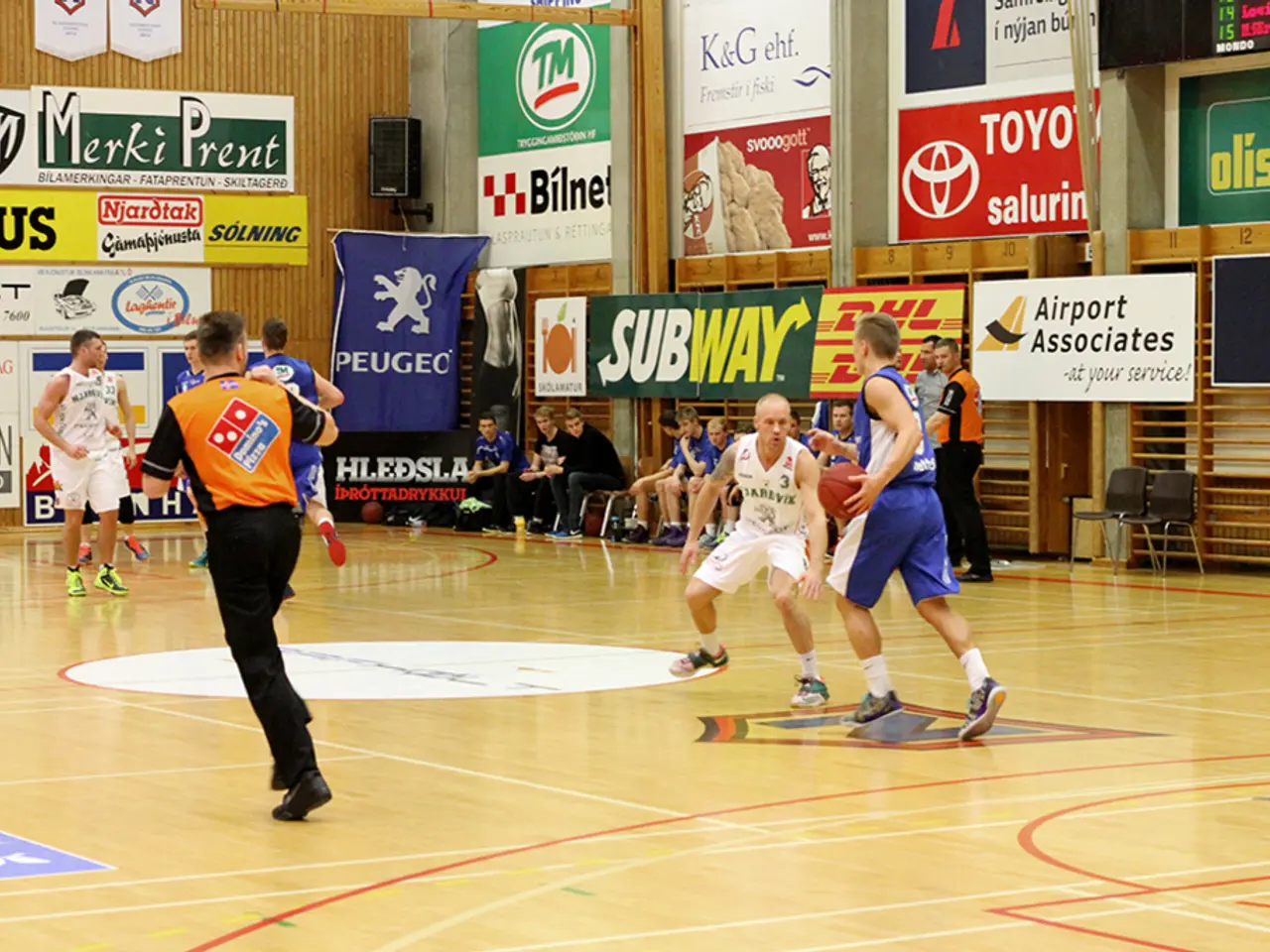Germany's Investment Boom: KfW CEO Reveals explosive International Interest
Increasing attraction from foreign investors noted by KfW's leader
Tap Share Forward Email Print Copy Link
International investors are increasingly setting their sights on Germany, as per KfW CEO, Stefan Wintels. In an interview with "Handelsblatt", he highlights that now is the prime moment to engage with these major investors. "The likes of institutional investors are overly invested in the US and yearn for more European and particularly German investments.", he explained. He noted that this escalating interest in Germany's location is evident during roadshows in New York, London, and Zurich.
Wintels declared, "I've never experienced such a dramatic shift in sentiment in my over 30-year career." He stressed the importance of capitalizing on this favorable momentum for Germany and Europe. The coalition agreement offers numerous stepping stones, including modernizing infrastructure, reducing bureaucracy, digitalization, a commitment to skilled migration, and adherence to the climate goals for 2045. For investors, reliability and stability are essential. The market turbulence spurred by the US government is alarming. "The political stability we have in Germany is an invaluable asset that we ought to nurture.", Wintels stated.
According to Wintels, capital from Asia, the Middle East, Britain, the US, and Canada is crucial. "Without it, the staggering sums required in the coming years would not be attainable.", he added. Greater financial market autonomy in Germany and Europe is paramount. "We can achieve this independently.", he asserted. The necessary funds are accessible; there's approximately 9 trillion euros of private financial assets in Germany and 30 trillion euros in Europe at our disposal.
Factors Influencing International Investor Interest
- Crisis-Resistant Economy Germany's proven ability to weather crises and retain its appeal as a top investment destination underpins foreign direct investment (FDI). Despite economic challenges, FDI volumes remain strong, with EUR 23.2 billion in international business projects in 2024- the third-highest ever recorded, far exceeding pre-pandemic levels.
- Strategic Market Position As Europe's largest economy, Germany offers access to a vast consumer base and serves as a gateway to the broader European market, making it attractive for multinational expansion.
- Robust Real Estate Market The German real estate investment market has rebounded vigorously, with a 26% increase in transaction volume in early 2025 when compared to 2024. Recovery signals in the office segment and substantial deal flow suggest renewed confidence among investors.
- Technological Dominance Germany stands at the forefront of technological innovation, particularly in artificial intelligence (AI), deep tech, fintech, and defense. Germany attracted USD 2.2 billion in venture capital in early 2025, placing it among Europe's leading investment destinations for technology-driven growth.
- Governmental Support New EU and national funding initiatives, focusing on AI and other high-tech sectors, are anticipated to bolster investor confidence and create a supportive environment for innovation.
Investment Opportunities in Germany
- Technology and Innovation
- AI, deep tech, and fintech: Significant venture capital funding and ongoing governmental support make these sectors exceptionally appealing for international investors.
- Defense and cybersecurity: Growing investment volumes underscore rising demand for advanced solutions in these fields.
- Real Estate
- Commercial and office properties: Rising transaction volumes and renewed interest in office spaces provide opportunities for capital investment.
- Manufacturing and Industry 4.0
- Germany's robust industrial sector and leadership in automation and smart manufacturing continue to attract greenfield and expansion projects from global firms.
- Green Energy and Sustainability
- Germany's dedication to energy transition and sustainability is driving investment in renewable energy, infrastructure, and green technologies.
- Consumer Markets
- Despite some sluggishness stemming from tariffs and global uncertainties, Germany's substantial and affluent consumer base presents stable returns for consumer-facing industries.
While the outlook is optimistic, ongoing global trade disputes, geopolitical uncertainties, and fluctuating inflation rates may dampen investor enthusiasm, especially for investors with short-term horizons. Investors should also keep an eye on interest rate trends, as further adjustments could impact real estate and broader markets.
Key Drivers and Opportunities
| Driver/Opportunity | Description ||---------------------------------------|---------------------------------------------------------------------------------------------|| Economic Stability | High FDI, crisis resistance, robust business environment || Strategic Market Position | Largest economy in Europe, access to EU market || Real Estate Recovery | Rising transaction volumes, renewed office segment interest || Tech and Innovation Leadership | Strong VC funding in AI, fintech, deep tech, defense || Policy and Funding Support | EU/national initiatives for tech, AI, and innovation || Green Energy/Sustainability | Investment in renewables and infrastructure |
Germany's blend of stability, innovation, and market access makes it an appealing destination for international investors, offering diverse investment opportunities in technology, real estate, industry, and green sectors.
- The current surge in interest from international investors in Germany is largely due to the country's crisis-resistant economy, strategic market position, robust real estate market, technological dominance, and governmental support, as highlighted by Stefan Wintels, KfW CEO.
- In the realm of policy, adherence to employment policies, such as the coalition agreement's commitment to skilled migration, digitalization, and climate goals for 2045, could significantly attract more investments, particularly from Asia, the Middle East, Britain, the US, and Canada, according to Wintels.




